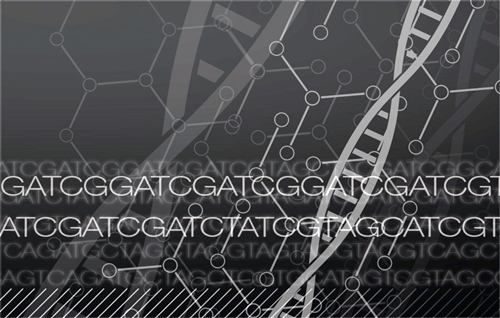15 June 2017. A company with a process for creating synthetic DNA and a foundation promoting open access to biotechnology agreed to produce 10,000 synthetic genes made available at no cost to researchers. Financial terms of the agreement between Twist Bioscience and BioBricks Foundation, both in San Francisco, were not disclosed.
Twist Bioscience develops processes for producing synthetic genetic materials on silicon, patterned after semiconductors, instead of traditional plastic plates and receptacles. This process, says the company, overcomes conventional limitations and inefficiencies to design and construct genes, oligonucleotide collections for Crispr genome-editing RNA, and libraries of genetic variations. Twist’s customers include companies developing pharmaceuticals, sustainable chemicals, agricultural products, and medical diagnostics.
BioBricks Foundation aims to open up biotechnology, making products of the science more widely available. The foundation devised an open-source platform called bionet for peer-to-peer exchange of biotech materials, to make it easier to exchange these materials and lower the costs of sample replication, shipping and receiving, and inventory tracking. BioBricks also created a standard open materials transfer agreement to encourage sharing, reuse, and redistribution of biotech products at little or no cost.
The agreement calls for BioBricks Foundation to fund the synthesis of 10,000 genes, produced by Twist Biosciences and made freely available by the foundation. BioBricks will use a crowdsourcing process, with a forum to recommend genes for synthesis and online voting to determine priorities. Twist says it will apply its normal safety and security procedures to production of the synthetic genes, which BioBricks will distribute at no cost to researchers with its open materials transfer agreement.
Twist Bioscience and BioBricks say this is the first time multiple synthesized genome-equivalent genes are made available to researchers free of charge. “Most of biotechnology has yet to be imagined let alone made true,” says Drew Endy, bioengineering professor at Stanford University and president of Biobricks Foundation in a Twist company statement. “By enabling everyone to work together to create a free-to-use dictionary of genes, we believe that many more people will be able to benefit from biology and be enabled as ‘citizens’ of biotechnology.”
Emily Leproust, CEO of Twist Bioscience adds that the “partnership with BioBricks Foundation truly sets the stage for widespread acceleration of research concepts for the public good.”
Twist Bioscience also announced yesterday, completion of its latest financing round adding another $33 million to the $27 million raised in March. The company says it will use the funds to further develop its gene synthesis capabilities in drug discovery and DNA data storage. Twist to date raised some $191 million.
More from Science & Enterprise:
- First Agricultural Crispr Products Expected by 2020
- Bacteria Engineered to Act as Long-Term Gut Sensors
- Growing Engineered Algae Outdoors Shown Feasible, Safe
- Crispr, Stem Cells Produce Precise Arthritis Therapy
- Engineered Bacteria Designed to Detect Gut Inflammation
* * *


 RSS - Posts
RSS - Posts
You must be logged in to post a comment.